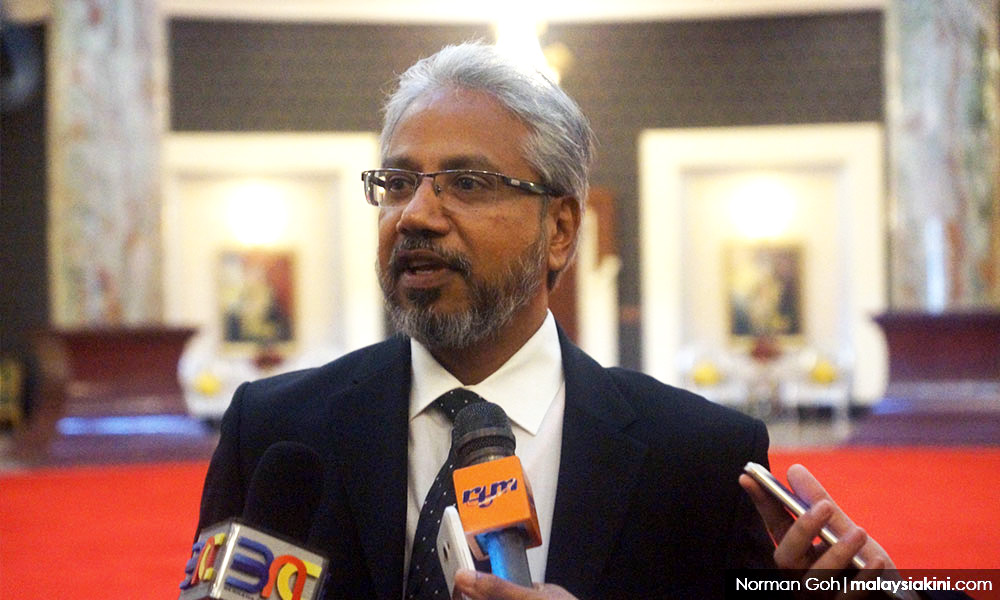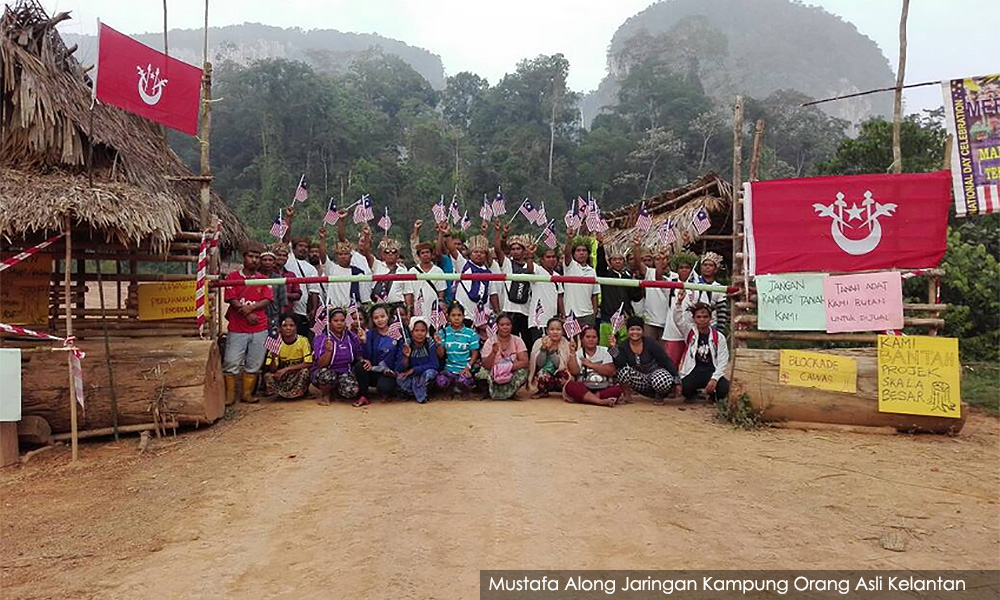
The Kelantan government is wrong in arguing that Orang Asli communities do not "own" any land in the state, according to Minister in the Prime Minister’s Department P Waythamoorthy.
In a statement today, Waythamoorthy pointed out that the courts have repeatedly reaffirmed the community's customary land rights due to, among others, the special position of the Orang Asli under Article 8(5)(c) of the Federal Constitution.
"These pre-existing customary rights enjoyed by the Orang Asli as the first people of Peninsular Malaysia continue to exist and cannot be removed by claiming it to be a state land, creation of reserves or, for that matter, the granting of any leases or licences to third party under the pretext of being owned by the state government," said the minister, whose portfolio includes Orang Asli affairs.
Responding to Putrajaya's suit against Kelantan to reclaim Orang Asli's right to land, Deputy Menteri Besar Mohd Amar Nik Abdullah had reportedly said there was no land "owned" by Orang Asli in the state, beyond what was "given" to them by the state government.
In August last year, Kota Bharu MP Takiyuddin Hassan insisted the land being fought for by the Temiar tribe in Gua Musang belongs to the state and was gazetted as a logging area.
Takiyuddin also said there is no legal provision for ancestral land or native customary land in Kelantan, but only for "kawasan rayau" (foraging land) in selected forest areas.
Unwritten law
Urging the Kelantan government to reconsider its position with regard to Orang Asli's right to own land, Waythamoorthy stressed that customary rights are a form of unwritten law.
"It is unreasonable to assume that a custom has no force of law merely because it is not codified in the state.
"Even if that were the case, it does not mean that a customary right does not exist or that common law does not recognise that particular custom," he argued.
On Friday, attorney-general Tommy Thomas said that the federal government is initiating legal proceedings on behalf of the Orang Asli in recognition of its constitutional and legal duty to protect and promote the wellbeing and advancement of the community.
Various Orang Asli groups, as well as local and international rights organisations, laudedPutrajaya’s move as a long-awaited step towards recognition of the community’s rights to land. - Mkini




No comments:
Post a Comment
Note: Only a member of this blog may post a comment.